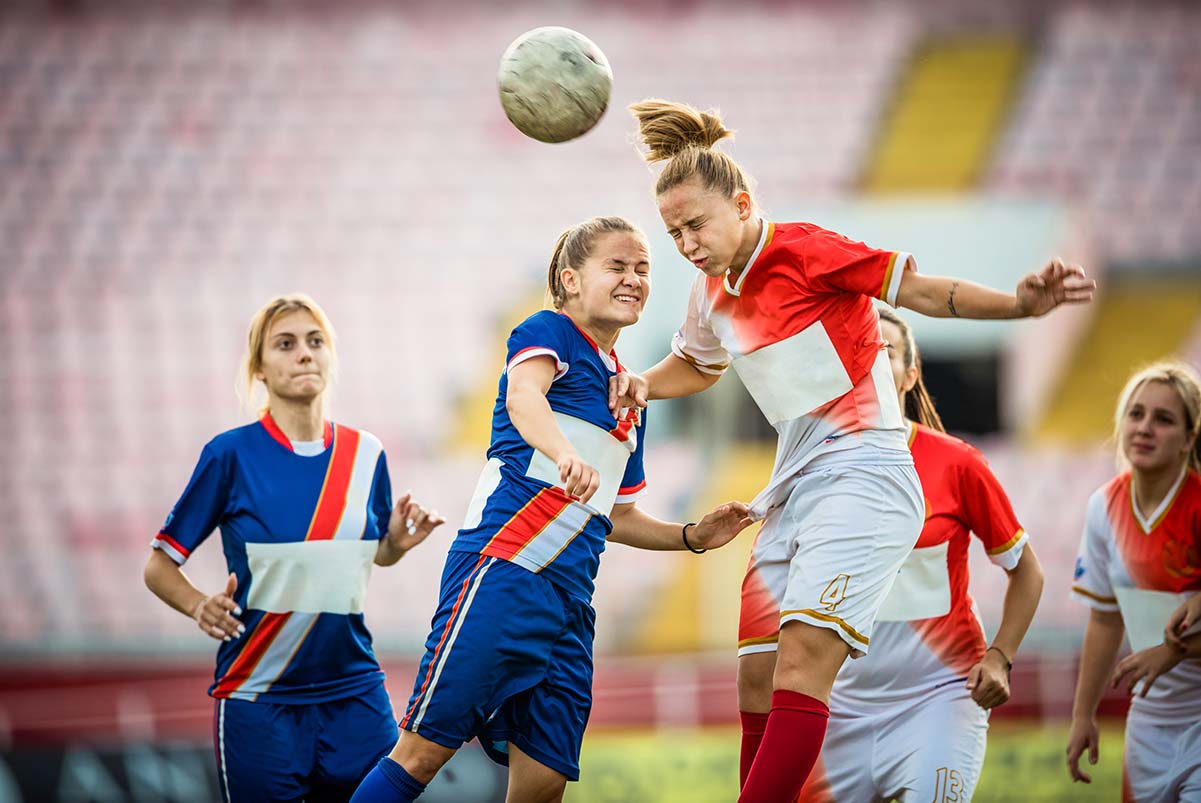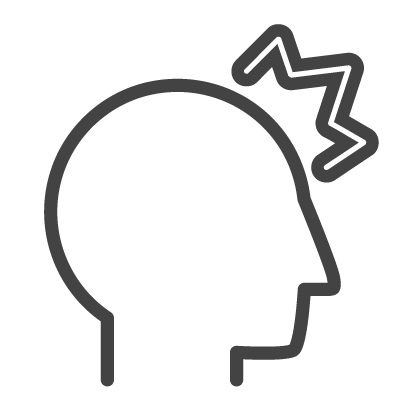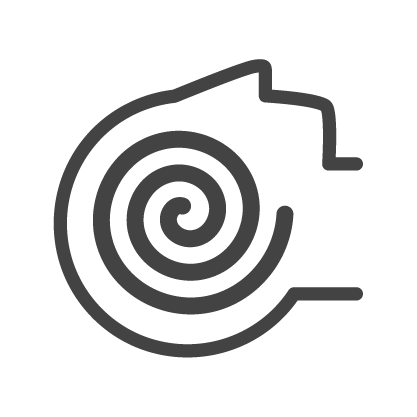
Concussions
What you should know about concussions derived from sports and other activities.

Concussions
What you should know about concussions derived from sports and other activities.


How are concussions related to balance/dizziness?
Concussions are a common brain injury that most often occur from a sudden blow or jolt to the head or a violent shaking of the head and body. Concussions are also sometimes called mild-Traumatic Brain Injuries, or m-TBI. Common symptoms of concussion include dizziness and balance issues. When those issues accompany a concussion, vestibular treatment and therapy may help.
Signs and symptoms of concussions:
- Blurred vision
- Nausea
- Headaches
- Dizziness
- Balance issues
- Light and noise sensitivity
- Feelings of fatigue
- Sudden sleep difficulties
- Problems with concentration
- Memory loss
- Irritability, anxiousness, and other sudden emotional changes
Do you think you may have experienced a concussion?
How are concussions treated?
Concussions can have serious consequences and should be treated accordingly by an expert. Supervised rehabilitation programs are used to treat concussions and depending on the severity of the concussion as well as the symptoms present, may be performed in steps in order to create better outcomes for the patient.
Management of a concussion through a rehabilitation program can include activities such as cognitive rehabilitation, strength training, balance exercises, and vision training. These programs should be prescribed and monitored by medical providers who are licensed and trained in the management of concussion-related injuries.
How does Colorado Ear Care help patients with concussions?
Dizziness and headaches are common symptoms of both concussions and vestibular damage, so it is important to determine if these symptoms are related to damage of the vestibular system or a different part of the brain. Concussions can also cause the otoconia (crystals) in the inner ear to become displaced which results in positional vertigo (BPPV). Comprehensive dizziness/balance testing can help determine whether the vestibular system has been damaged. These tests help the physician to determine when an athlete can return to play and what type of treatment or therapy to recommend.

Contact Colorado Ear Care for a balance assessment.
Take the sports concussion self quiz
Answer the following questions either Yes or No.
If you’ve recently experienced an injury to your head, do you:
Get a dizziness and balance assessment today.
© American Institute of Balance, Inc.
